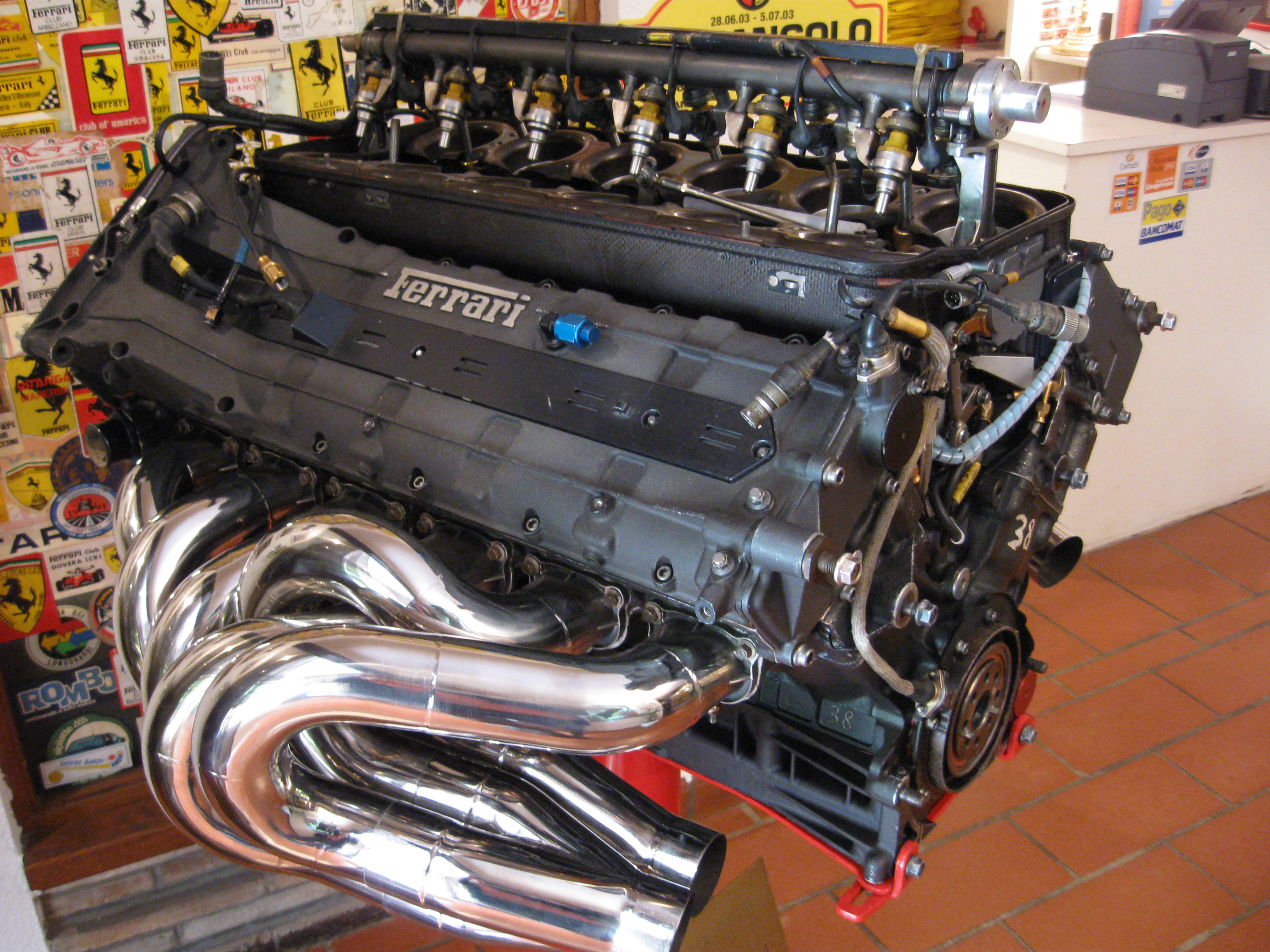
"Energy" wrench

This just made my day...thank you.bhall II wrote:I was gonna say, if you can't measure torque directly, then how the hell would these work?

"Energy" wrench
Sensors like the ABB sensor measure the 'twisting' force in the shaft or component they are fitted to.jz11 wrote:http://miravim.org/avimlibrary/Manuals/ ... 0Guide.pdf
this is the description of the torque sensing system used in P&W 2800, essentially it is the same thing as the ABB, which I assume is piezoelectric sensor, oil pressure in one, voltage from the other, but here is a question - you have the fancy ABB torque sensor in a space between engine and clutch, you drive the it on the track and suddenly go over an oil spill and the reading of your sensor, which red for instance 200nm instantly dropped to lets say 50nm and then even negative value maybe (depending on what the driver did), how accurate and correct was this reading in regards to what torque the engine actually made?
And then - is that a direct measurement of the torque the engine or was it torque transmitted from which actual engine torque could have been derived and estimated?
Not at all, there are surface-mounted strain gauges, which should be obvious by the images, insensitive to contamination.jz11 wrote:..., which I assume is piezoelectric sensor,...




Thank you!TurboLag wrote:Because speed increase is bigger than torque drop off. Power is a result of torque and speed.
Torque characteristics are largely dictated by the volumetric efficiency of the motor. This can be altered by valve timings, lift and duration, but with a fixed cam profile like in F1 you are stuck with a compromise for a given rpm range. Generally speaking, longer duration is better suited for high rpms, the same goes for valve overlap.
Port size and profile can also be changed for a different operating range, but this is also a compromise as a bigger port will reduce gas velocity an will lead to a less efficient engine at low rpms.